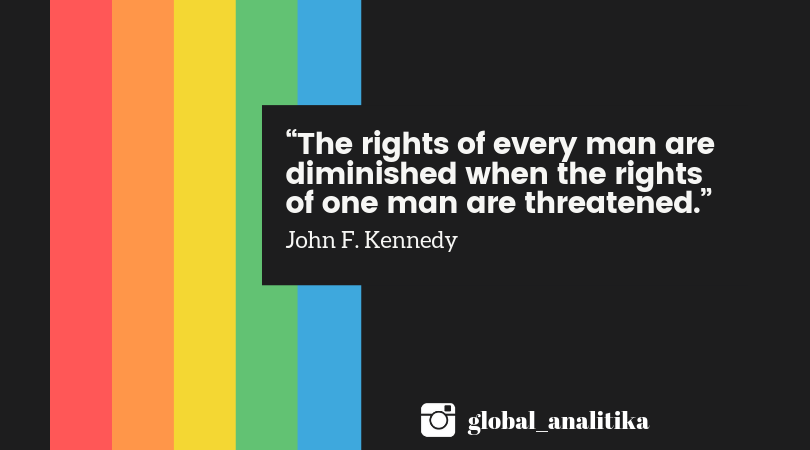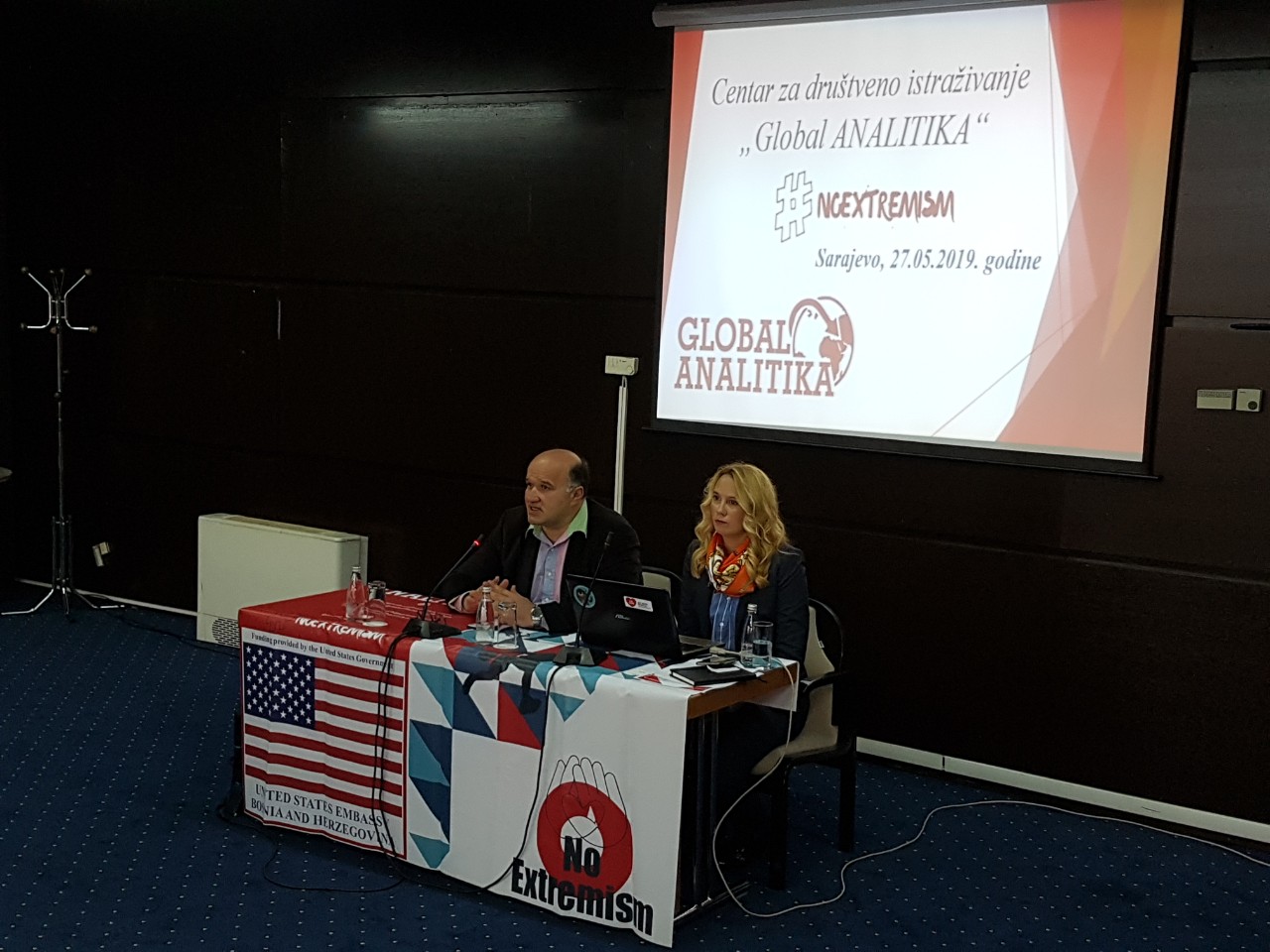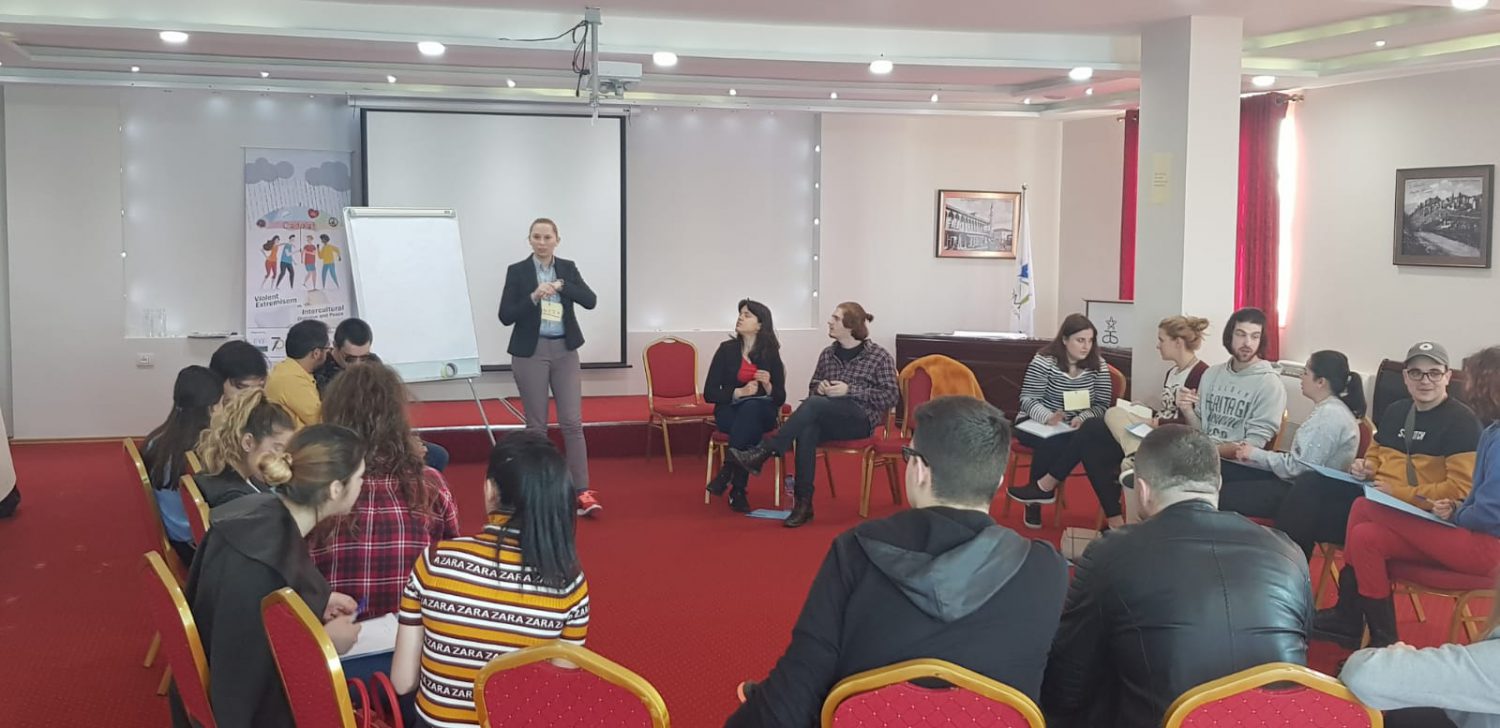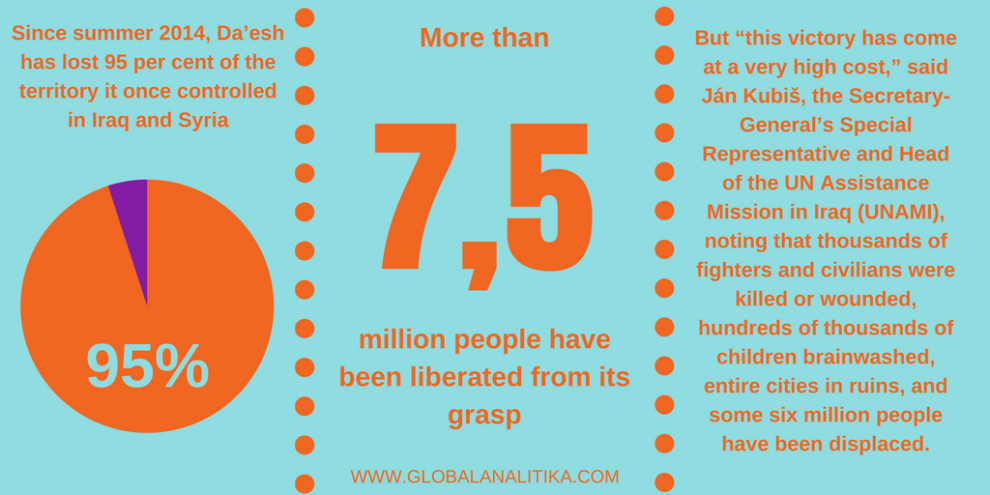The military victory against the Islamic State in Iraq and the Levant (ISIL/Da’esh) is only one component of a complex battle that addresses the root causes of extremist ideology, the United Nations envoy for Iraq said Wednesday.
“Da’esh remains able and determined to continue devastating random attacks against the Iraqi civilian population, against civilians globally,” Ján Kubiš, the Secretary-General’s Special Representative and Head of the UN Assistance Mission in Iraq (UNAMI), told the Security Council.
“Da’esh is down but not yet out even in Iraq,” he stressed, adding that “only by defeating its loathsome ‘takfiri’ ideology, choking off its external support, and addressing the causes that prompted so many Iraqis to join or tolerate Da’esh can this terrorist organization finally be eliminated.”
He noted that on 17 November, the Iraqi Security Forces (ISF) fully recaptured Rawa, the last remaining densely settled area under Da’esh control in Iraq. Since summer 2014, Da’esh has lost 95 percent of the territory it once controlled in Iraq and Syria and more than 7.5 million people have been liberated from its grasp.
But “this victory has come at a very high cost,” said Mr. Kubiš, noting that thousands of fighters and civilians were killed or wounded, hundreds of thousands of children brainwashed, entire cities in ruins and some six million people have been displaced.
Further, Da’esh has exterminated or enslaved thousands of Muslims, as well as minority communities, particularly women and girls, in action amounting to war crimes and crimes against humanity, perhaps even genocide.
Mr. Kubiš encouraged the global coalition against Da’esh to continue both military and non-military efforts to help Iraq ensure the lasting and sustainable defeat of Da’esh.
He said that inside Iraq, priority must be accorded to facilitating the voluntary return of internally displaced persons, stabilization, reconstruction, and rehabilitation. It would also be crucial to reform the security sector and to enforce law and order against armed groups outside State control, including criminal gangs, militias, and tribal elements.










